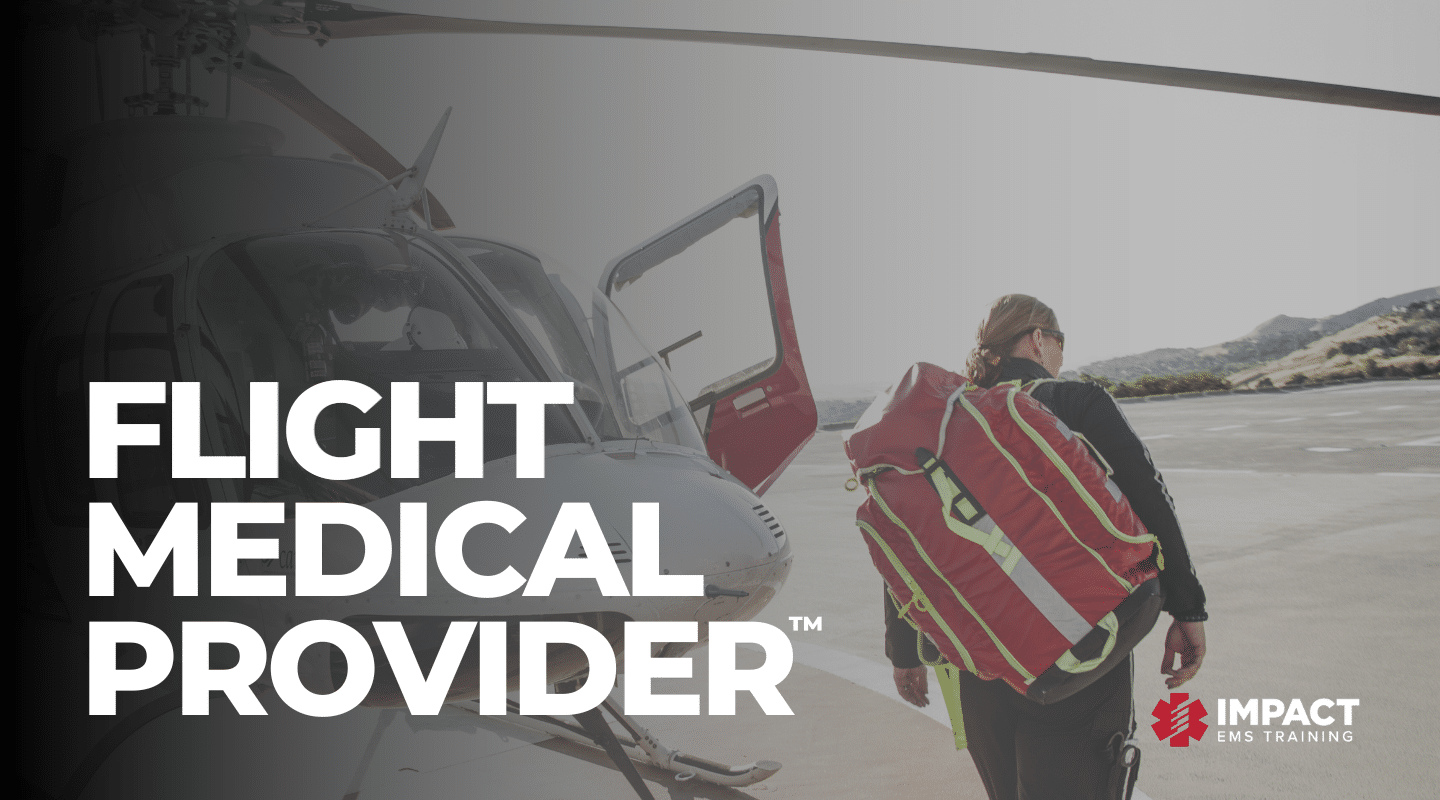
Flight Medical Provider
$297.00
-
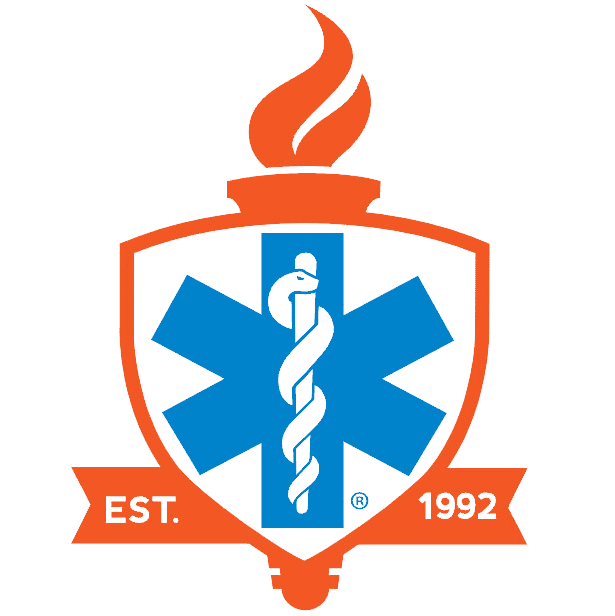
CAPCE Accredited

Secure Payment Gateway

We Accept PayPal
- Accredited Education - Get CEUs from somewhere you trust. All courses are accredited and satisfy most state and national guidelines.
- On-demand Training - With courses accessible from your phone, tablet, or computer, you can earn your CEUs from anywhere at any time.
- Expansive Course Catalog - Choose courses you will actually use from the largest CEU catalog available across many diverse healthcare professions.
Unlock 15% off your course
*One time use. Not valid with any additional promotional offers
“Excellent critical care education provided in an easy to follow and interesting format! Highly recommend Impact EMS Training for your education needs!!!”
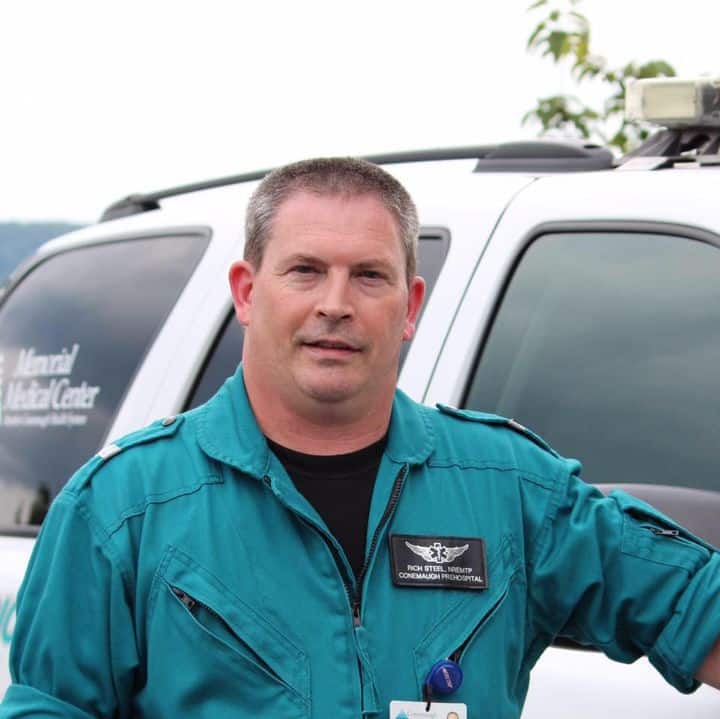
Richard Steel
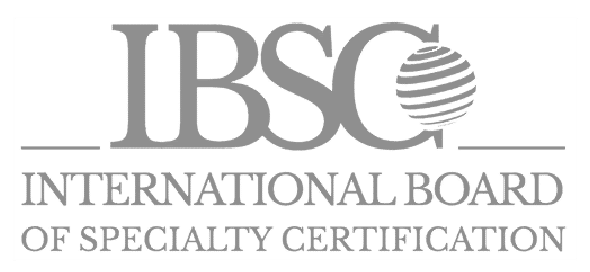

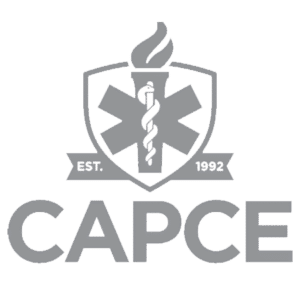
About This Course
Don't settle for simply understanding critical care—master it. With the Flight Medical Provider™ course, you can conquer critical care while earning your wings. Register today to become a flight paramedic or nurse.
More Information
Overview
Our Flight Medical Provider™ on-demand course is the ultimate solution for accessing your education whenever and wherever you want! What makes Flight Medical Provider™ different? This course was created by flight paramedics for paramedics, revolutionizing the way medical concepts are taught. Our instructors break these concepts into easy-to-understand lessons, making critical care education accessible to all, regardless of medical ability or experience.
Description
Master critical care concepts with ease through our comprehensive FMP™ course. Join our instructors Gwenny, George, Mike, and vonRon as they guide you through seventeen (17) engaging educational modules.
High Quality Education
- Learn the core concepts of critical care and advanced prehospital emergency medicine
- Understand the ‘why’ behind complex medical concepts and how to apply them to your patient care
- Advance your clinical proficiency
- Improve your pathophysiological comprehension
Included With Enrollment
- Thirty-three (33) CEUs
- Downloadable certificates with every lesson
- One (1) full year of course access
- Individual exam modules (17)
- Online access to the all-new Flight Medical Provider™: A Ground and Flight Critical Care Guide
- Downloadable course resources
Exam Preparation
FP-C
CCP-C
CTRN®
CFRN®
Flight Medical Provider™ is the definitive online, on-demand course for the industry’s most challenging exams: the Flight Paramedic Certification (FP-C), Critical Care Paramedic Certification (CCP-C), Critical Care Transport Registered Nurse (CTRN®), and Certified Flight Registered Nurse (CFRN®) exams.
Lessons
17 engaging lessons that include video presentations, resources, and quizzes with rationales will cover the fundamentals of emergency medical care while preparing you for your certification exams.
The Flight Medical Provider™ Airway Management module covers various topics related to managing the airway in patients of all ages. You will master airway assessment and anatomy and advanced interventions like intubation, RSI/DSI, and utilizing airway adjuncts. The module also covers supplemental oxygen and different airway algorithms for difficult and failed airways, with special considerations for obese, obstetric, pediatric, and geriatric patients. In addition, there is a specific focus on managing the pediatric airway, including anatomy and physiology, intubation techniques, pharmacology, and post-intubation management, with special considerations for neonates, infants, and children with difficult airways.
The Flight Medical Provider™ ABG module will allow you to master arterial blood gas (ABG) analysis. The module covers the components of an ABG, including pH, CO2, HCO3, base excess, and PO2, and explains how to interpret ABG results using a 5-step process and practice problems. We also cover the acid-base buffering system and the metabolic and respiratory disturbances identified through ABG analysis, including metabolic acidosis, metabolic alkalosis, respiratory acidosis, and respiratory alkalosis. The course aims to provide a solid understanding of ABG analysis and interpretation.
The Flight Medical Provider™ Pulmonary module course covers various lung pathologies, including chest radiography and the components of oxygenation. It discusses restrictive conditions, such as pulmonary edema, and obstructive conditions, such as asthma and COPD. The course also covers VQ mismatch and respiratory failure, including hypoxic and hypercarbic respiratory failure. Overall, the course provides an in-depth overview of the respiratory system, different pulmonary conditions you may encounter, and standard treatment approaches.
The Flight Medical Provider™ Ventilator Management module covers respiratory anatomy, lung dynamics, and the effects of mechanical ventilation on patients. Participants will learn how to plan safe settings for mechanical ventilation and pathology-specific strategies. The module also covers ventilator troubleshooting, including how to address issues related to ventilation, oxygenation, and alarms. By the end of the course, you will be equipped with the knowledge and skills to manage patients on a ventilator safely and effectively.
The Flight Medical Provider™ Lab Values module covers laboratory values and their associated imbalances, including basic metabolic panel, complete blood count, coagulation panel, liver values, and various labs. It provides an overview of the indications and potential reactions for blood transfusions and procedures involved in blood transfusion. We also cover the importance of these values and their interpretation in clinical practice and utilizing those values to guide clinical decision-making.
The Flight Medical Provider™ General Medical module covers various endocrine disorders, including diabetes mellitus, thyroid, adrenal, and pituitary disorders. You will learn about the recognition and treatment of anaphylaxis and sepsis. In addition, the course includes the identification and management of renal, hepatic, and gastrointestinal disorders.
The Flight Medical Provider™ Toxicology module includes the presentation of various toxicosis and supportive therapy for treatment. It also provides information on treating substance-specific overdoses, such as acetaminophen, aspirin, beta-blockers, calcium channel blockers, benzodiazepines, illicit drugs, toxic alcohols, and tricyclic antidepressants.
The Flight Medical Provider™ Flight Physiology module covers the physiological principles relevant to aviation medicine. It covers the gas laws and hypoxia, including the types and stages. We cover the stressors of air transport, including those that are self-imposed and inherent, as well as the physiological zones of the atmosphere and the time of useful consciousness. This information is essential for providers in aviation medicine to ensure safe and effective care for passengers and crew members.
The Flight Medical Provider™ Flight & Surface Operations module covers the various requirements and regulations, including CAMTS accreditation and FAR Part 135 regulations. It discusses the importance of safety belts, dispatch operations, and flight preparation. Other topics include normalization of deviance, crew resource management, critical phases of flight, helicopter landing zones, and emergency procedures. The module also covers night vision goggles, radios, emergency locator transmitters, and ambulance and vehicle operations and maintenance standards.
The Flight Medical Provider™ Cardiology module covers a range of cardiac conditions and their presentations. You will learn about aortic emergencies, hemodynamic monitoring, and mechanical circulatory assist devices such as IABP, Impella, LVAD, and ECMO. The module was designed for you to comprehensively understand these conditions' diagnosis, treatment, and management.
The Flight Medical Provider™, Professional Considerations module covers various important topics for healthcare professionals to understand. It includes a discussion of just culture, accreditation standards, and privacy considerations. The module also covers holistic patient care, which involves addressing a patient's physical, emotional, and psychological needs. We also cover communication techniques for death notification and resuscitation, including pediatric death, EMS role in out-of-hospital patient death, post-call debriefing, and critical incident stress management.
The Flight Medical Provider™ Neurological Emergencies module covers various topics related to neurology. It starts with an overview of neurologic pathologies and their impact on intracranial and cerebral perfusion pressure. The module then delves into the importance of neurologic invasive monitoring through EVDs and the use of targeted hyperventilation and pharmacologies to treat increased ICP. You will understand the prehospital management and definitive treatments of stroke care, such as thrombolytics and interventional radiology. It also covers other neurologic emergencies such as altered mental status, seizures, encephalopathy, and meningitis.
The Flight Medical Provider™ Trauma and Burns module covers various topics related to trauma and burns. It includes trauma scoring, the kinematics of trauma, predictable injury patterns, shock index, hemorrhage control, and factors affecting trauma outcomes. The module also covers specific types of trauma and special circumstances, such as pediatric trauma, trauma in pregnancy, crush injuries, and blast injuries. Finally, the module discusses burns, including burn patterns and scoring, types of burns (inhalation, thermal, electrical, and radiation), and prehospital burn management.
The Flight Medical Provider™ Environmental module covers several environmental emergencies, including thermal injuries such as hypothermia and hyperthermia, drownings, envenomation, altitude illness such as HAPE and HACE, and diving emergencies. It provides information on the clinical findings and treatment options for each condition.
The Flight Medical Provider™ Obstetric Emergencies module covers the anatomical and physiological changes during pregnancy and how to assess a pregnant patient. We will delve into various pregnancy complications such as hyperemesis gravidarum, ectopic pregnancy, hypertension in pregnancy, placenta previa and abruption, preterm labor, PROM, gestational diabetes, and retained products of conception. The module also covers complications during delivery, fetal assessment, heart monitoring, and neonatal care post-delivery.
The Flight Medical Provider™ Neonatal Emergencies module covers the basics of neonatal emergencies, including neonatal norms, assessment and intervention, pathologies, transport principles, and neonatal resuscitation. It includes APGAR scoring, respiratory and gastrointestinal pathologies, congenital heart defects, and sepsis. The module also discusses equipment and dosages for transport and provides an overview of neonatal ventilation.
The Flight Medical Provider™ Pediatric Emergencies module covers pediatric emergencies and critical care topics, including assessment, interventions, and specific pathologies related to the airway and lungs, trauma, and abnormal anatomy. It also discusses prehospital management and special equipment for pediatric patients.

Flight Medical Provider
$297.00
-

CAPCE Accredited

Secure Payment Gateway

We Accept PayPal
Buying for a team?
Frequently Asked Questions
- Flight Paramedic, Certified (FP-C): This certification is offered by a professional organization, The International Board of Specialty Certifications (IBSC). It requires a current paramedic certification. They suggest a minimum of 3 years of experience as a critical care paramedic and successful completion of an exam. The certification is valid for four years and must be renewed via continuing education or re-taking the exam.
- Critical Care Paramedic, Certified (CCP-C): is a professional certification for paramedics who have demonstrated knowledge and skills in advanced critical care, including managing critically ill patients in the prehospital and inter-facility transport setting. It requires a current Paramedic certification, suggests a minimum of 3 years of experience as a critical care transport paramedic, and successful completion of a certification exam. The certification is valid for four years and must be renewed.
- Certified Flight Registered Nurse (CFRN®): The CFRN® is for registered nurses who are looking to fly or enter the critical care nursing environment. The CFRN® exam is administered by The Board of Certification for Emergency Nursing (BCEN®). It is available for nurses who hold a current, unrestricted Registered Nurse license in either the United States, a US Territory, Canada, or Australia. They recommend 2 years in your specialty before the exam, but this is not required.
- Certified Transport Registered Nurse (CTRN®): The CTRN® exam is for registered nurses who are looking to enter the world of critical care and transport nursing. The CFRN® exam is administered by The Board of Certification for Emergency Nursing (BCEN®). It is available for nurses who hold a current, unrestricted Registered Nurse license in either the United States, a US Territory, Canada, or Australia. They recommend 2 years in your specialty before the exam, but this is not required.
Commission on Accreditation of Pre-Hospital Continuing Education (CAPCE) is an accreditation organization that evaluates and accredits continuing education programs for emergency medical services (EMS) providers.
Impact EMS Training’s courses are all CAPCE-accredited. Meaning they have been reviewed and approved by CAPCE as meeting their standards for quality and relevance to the field of EMS.
You can complete your continuing education requirements at your convenience and obtain your certifications immediately upon course or lesson completion.
Our automated system syncs with CAPCE and automatically uploads your certificates to the NREMT to report your continuing education hours effortlessly.
Impact EMS Training is an approved review course provider for the International Board of Specialty Certification and The Board of Emergency Nursing.
You will have access to this course for one (1) full year, 365 days, from the date of purchase. You can complete and review the education within that window as often as necessary.
Training A Team?
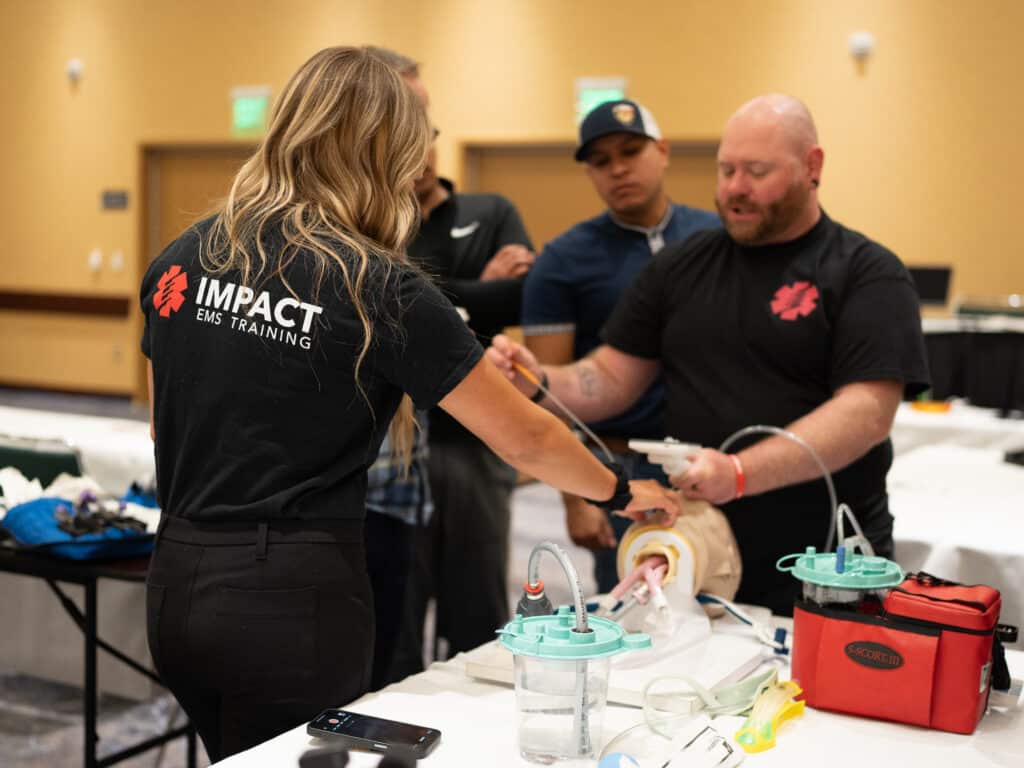
Training A Team?
Enhance your teams training with our courses tailored to meet the needs of your agency.
Designed to save you time and resources, our catalog ensures your team receives up-to-date, relevant medical education. All our courses are CAPCE accredited and critical care approved, perfect for meeting certification and recertification requirements efficiently.
Our Clients
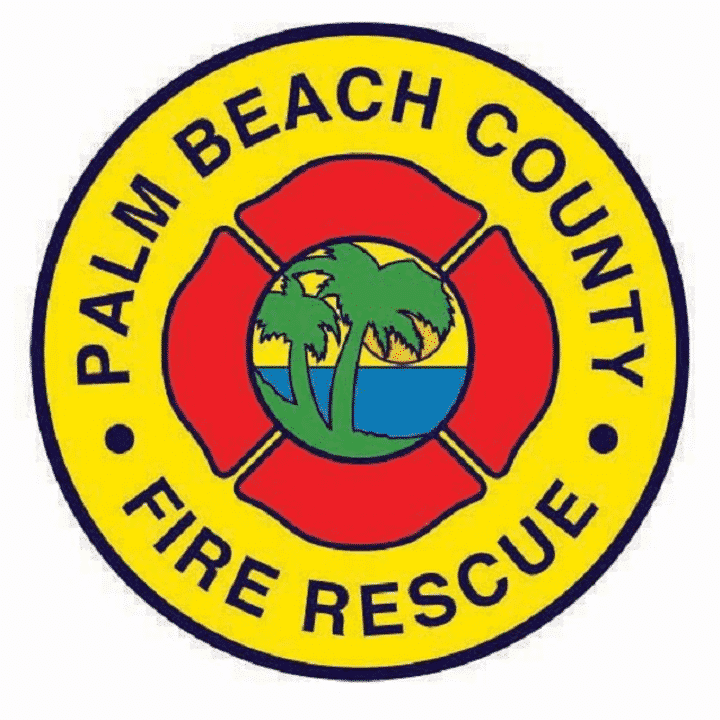
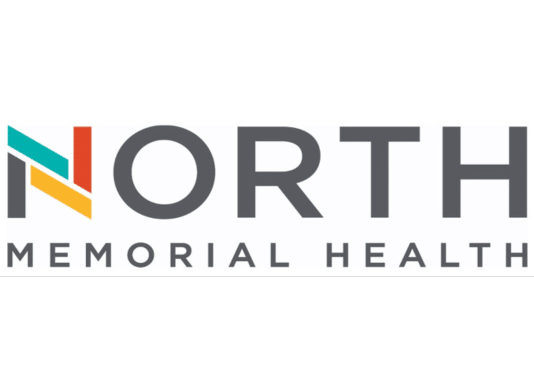
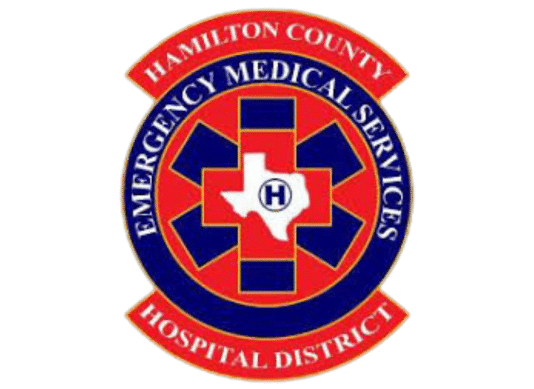


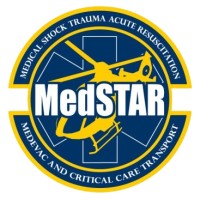
Military Funding
We’re committed to supporting active-duty, national guard, and reserve military personnel in pursuing their education. We understand that balancing military service and educational goals can be challenging, so we’re here to make the process seamless. We offer solutions that fit your busy schedule, whether you’re at home or deployed.
Our experts will guide you through the available military educational funding programs, helping you maximize your benefits.
Customer Reviews
Good content and teaching but a little lacking. I would not rely on this to be my only studying resource for the CFRN exam. The study guide could also be a little more detailed, I find myself having to go back to the videos and my notes.
A workbook could be a work around. I'd also like a question & answer book/database for practicing and to have access to the videos after I've done the final test if completed in < 1 year.
Overall, the educators are really good and I could listen to Nurse Gwenny all day! Her enthusiasm and knowledge is motivating and inspiring!
The system works if you put in a true effort
I am very happy with my purchase. The content is presented in a easy to absorb fashion. Looking forward to passing this test!!
Flight Medical Provider
Love the course design and the ability to go at my pace.
